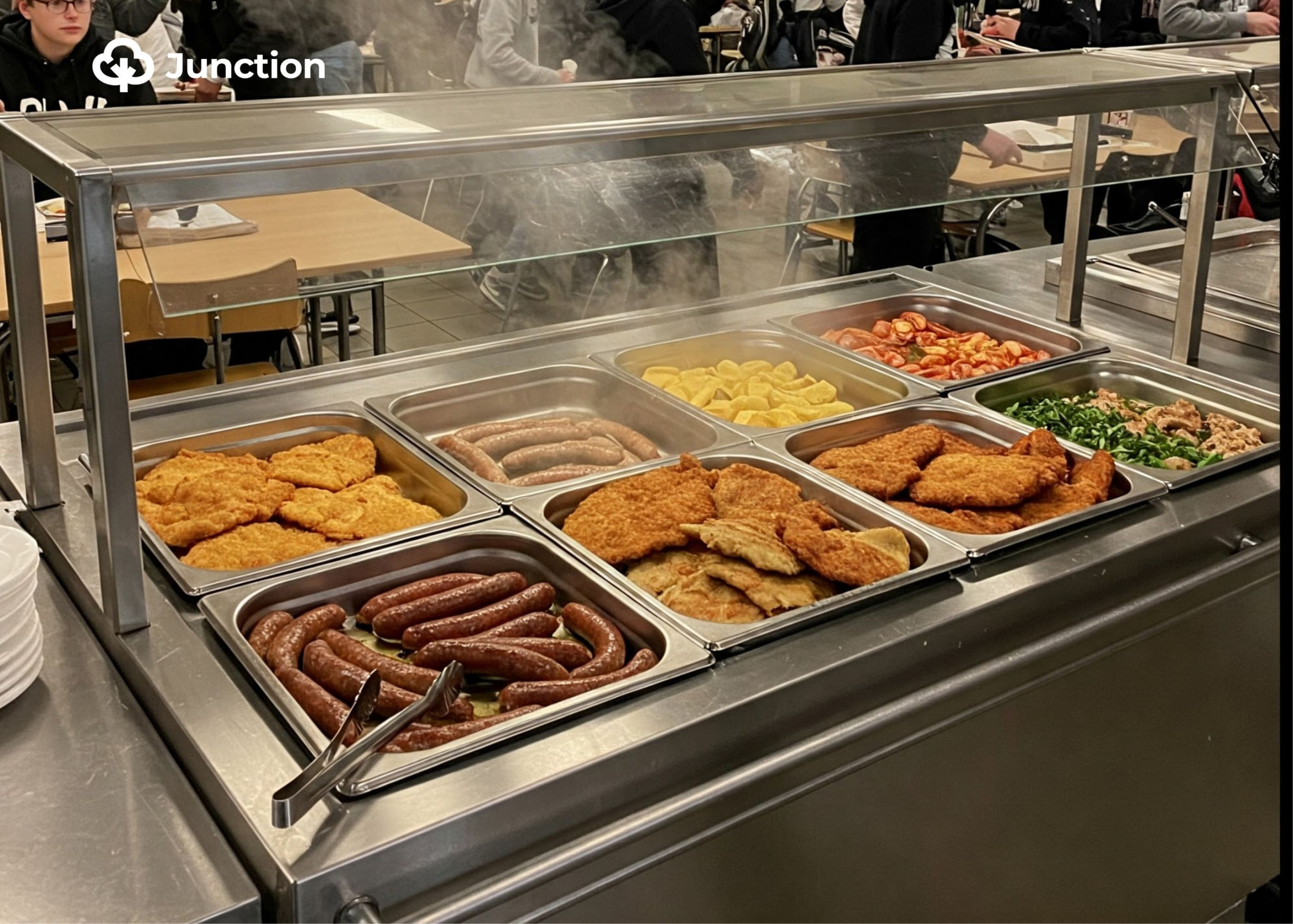News in brief:
– Germany’s incoming agriculture minister, Alois Rainer, has sparked debate by insisting meat should be served in all schools, marking a break from Green-led dietary and climate policies.
– His stance reflects a broader cultural shift as the new centre-right government pushes back against reforms in food, environment, and social policy.
Germany’s incoming agriculture minister, Alois Rainer, has stirred national and international attention by declaring that meat should be served in every school and kindergarten.
This bold statement, reported by several media houses, signals a sharp political and cultural shift as Chancellor-designate Friedrich Merz and his centre-right CDU-CSU bloc prepare to take power.
Rainer, a trained butcher and member of Bavaria’s conservative Christian Social Union (CSU), framed his stance as a push for dietary balance rather than ideology. But critics argue it’s part of a broader rollback of progressive policies championed by the outgoing Green-led administration.
“More Leberkäse, less tofu,” supporters say—referring to a traditional Bavarian meatloaf.
Outgoing agriculture minister Cem Özdemir, a vegetarian from the Green Party, had pursued reforms like a meat tax to improve animal welfare and reduce emissions.
Rainer, by contrast, rejects government-set prices and emphasises consumer choice, mirroring a broader CDU-CSU agenda to dismantle what it sees as left-wing overreach in climate and social policy.
Globally, the debate echoes broader tensions between sustainability and tradition. While international health experts and climate advocates promote plant-based diets, many right-leaning governments are resisting such shifts, often framing them as elite impositions on everyday people.
Germany’s new direction is particularly significant in Europe, where it has long influenced agricultural and environmental norms. With meat consumption under global scrutiny for its climate impact, Rainer’s comments spotlight how food can become a proxy for political identity.
As Germany’s next government leans into deregulation and cultural conservatism, policies once seen as pragmatic, like reducing meat for health and environmental reasons, may now face fierce ideological resistance.



